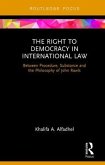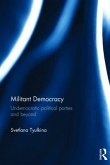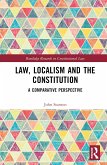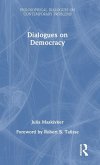Human rights in the external relations of the EU may manifest itself in different manners; one of them is the conditionality policy that the EU applies to third countries. This study intends to explore the modalities of this conditionality policy, as well as its nature and reach. It also analyzes how the policy could be improved and be made more coherent and effective. The point of departure is the division made between two modes of conditionality: ex ante and ex post. In the first case the EU issues conditions, which must be fulfilled before the negotiation or conclusion of a given agreement or an action with a view to strengthening the relations. The second case, conditionality ex post , is when conditions are allready part of an agreement or an established relation. The so-called human rights clause, or democratic clause, incarnates the second modality. This study explores both types of conditionality, but puts a special emphasis on the second, given its legal nature, its reciprocity, and its systematic inclusion in all framework agreements. It is argued here that this clause could represent the basis of a fully-fledged human rights policy of EU. At present, however, the implementation of the clause has been fragmentary. The interpretation that has prevailed (the human rights clause being a mechanism of exclusively punitive nature), has constituted an obstacle for its implementation. In addition, the clause has been activated only as a response to breaches of democratic principles (and not human rights) in the ACP countries ( and not other regions). The human rights clause has been the victim of the 'sectorial approaches' where policy choices were determined by the instrument at issue. It is about time for the EU to revisit the interpretation of the clause in order to make of it a dynamic instrument, integrated in a global and coherent external human rights policy.
Bitte wählen Sie Ihr Anliegen aus.
Rechnungen
Retourenschein anfordern
Bestellstatus
Storno







